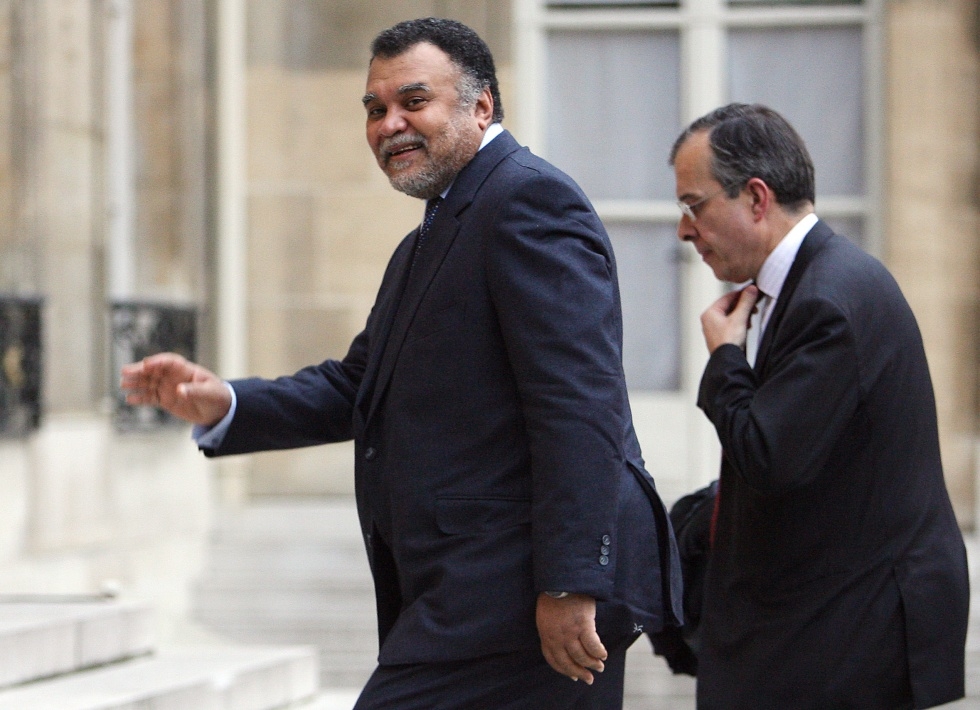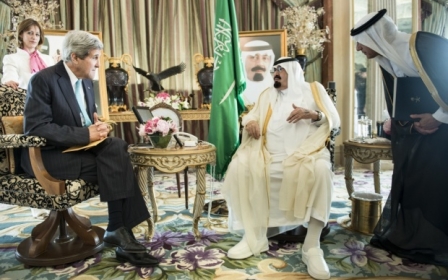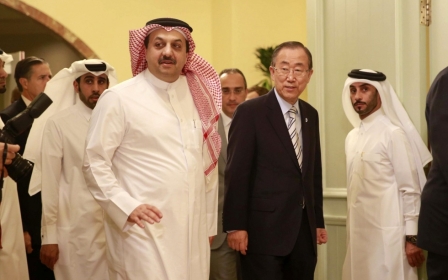Israel, Saudi Arabia and Egypt in daily contact over Gaza

A “joint high command” of Arab states is advising the Israeli Prime Minister Benjamin Netanyahu how to press home his ground operation in Gaza, the Debka Net Weeky, a publication of a website close to Israel’s foreign intelligence service Mossad has confirmed.
The website said that Saudi Arabia’s King Abdullah and Egypt’s President Abdel Fattah al-Sisi are in “constant communication” running daily conferences and sometimes more, according to the website’s sources.
That communication is done over secure telephone lines, but such is the political sensitivity of their close co-operation that for really important messages human couriers are used. A special Israeli plane is parked permanently at Cairo’s military airport, ready to lift off whenever top-secret messages between the Egyptian president and the Israeli Prime Minister need to be delivered by hand. The flight takes less than 90 minutes.
King Abdullah’s point man in this daily dialogue is the man he dismissed as intelligence chief Prince Bandar bin Sultan, but who has now been re-hired as the King’s special adviser on the Islamic State in Iraq. Bandar maintains "direct contacts” with the Mossad chief Tamir Pardo.
Contact with Egypt is maintained through Shin Bet’s chief Yoram Cohen, who is described as a “frequent visitor” to Cairo. Sisi’s mentor and sponsor, the head of of Egypt’s General Intelligence Directorate Ahmed Fareed al-Tohami, is described by the website as keeping an “open door” to Amos Gilad, the political coordinator of the Israeli Defense Ministry and Yitzhak Molcho, Netanyahu’s top adviser.
The war aims of the troika are described by Debka as smashing Hamas’ military wing, downgrading its political influence, preventing the US from interfering in their policy, and installing a new government in Gaza once Hamas has been crushed. Debka says that in order to get Saudi and Egyptian consent, Netanyahu had to sacrifice one of the central tenets of Israeli policy - to keep Gaza and the West Bank separate. He consented instead to the rise of a unified Palestinian Authority.
But in return, Debka asserts, Netanyahu has obtained precious political coverage:”His reward has been allies who have gone to great lengths to insulate Israel and the IDF from the usual extreme international pressures for halting their mission in mid-stream.“
The troika has repulsed pressure from many quarters to curtail the offensive without delay and had even crafted a ceasefire proposal which, Debka says, they knew Hamas would never accept but which would give Israel the moral high ground.
The Gaza operation is described as the baptism of fire for the Israeli-Saudi-Egyptian alliance, who envisage working with each other on other targets like Iran and Islamists.
Middle East Eye propose une couverture et une analyse indépendantes et incomparables du Moyen-Orient, de l’Afrique du Nord et d’autres régions du monde. Pour en savoir plus sur la reprise de ce contenu et les frais qui s’appliquent, veuillez remplir ce formulaire [en anglais]. Pour en savoir plus sur MEE, cliquez ici [en anglais].




